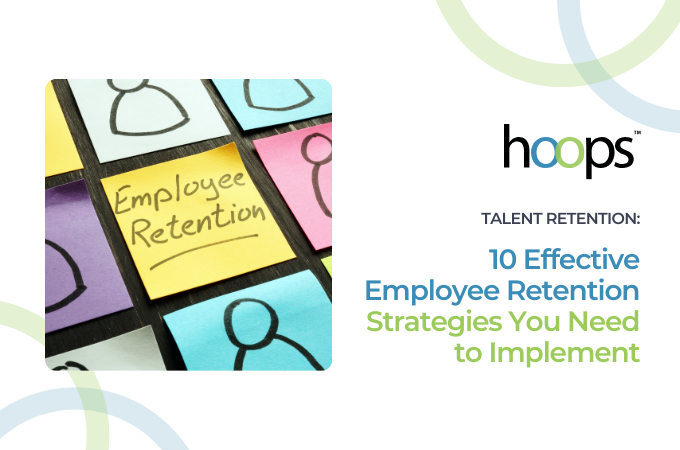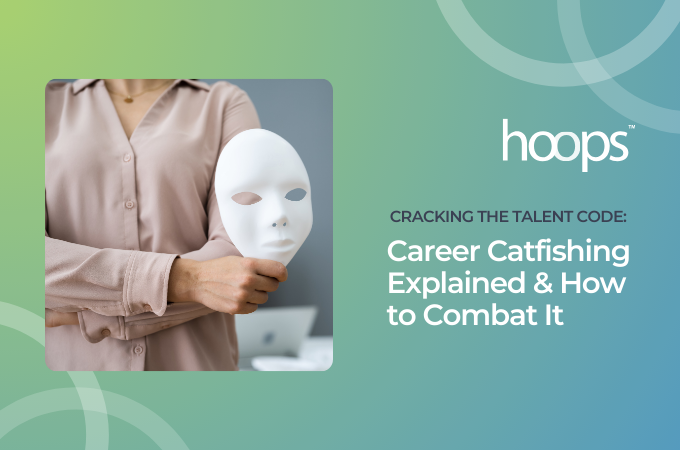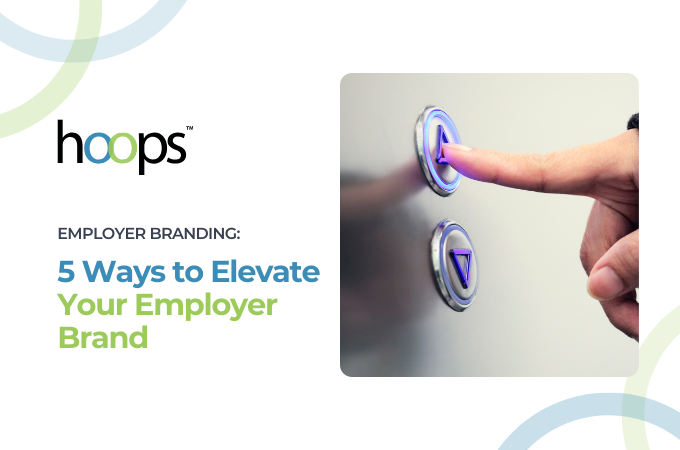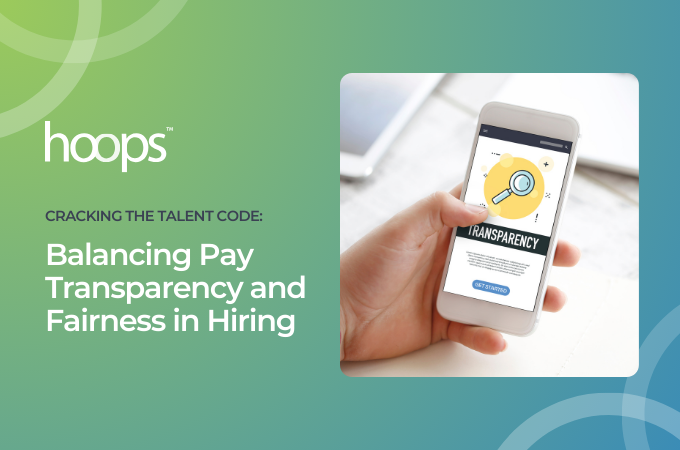With recent reports highlighting widespread labor shortages across industries—from tech to retail—many companies are struggling to fill essential roles. The 2024 Labor Report found that over 40% of U.S. businesses have delayed hiring to cut costs. But while holding back on hiring may seem...

Poor management can drain a company’s resources faster than almost any other factor. Studies show that bad managers cost U.S. companies up to $360 billion annually due to turnover, productivity loss, and decreased engagement. Considering all the associated costs, replacing an employee who leaves...

In the wake of The Great Resignation and recent high-profile discussions around leadership challenges at major companies like Twitter (now X), the impact of toxic work environments on both talent and reputation has never been clearer. The pandemic reshaped how we think about work, pushing employees...

Turnover is one of those business expenses that can creep up on you. Sure, you’re aware of the obvious costs—recruiting, onboarding, training—but what about the ripple effects? According to SHRM, replacing an employee costs 50-60% of their annual salary. Add frequent turnover to the mix, and those...

Hiring skilled talent can be a daunting task for any business. Finding the right people can quickly become overwhelming from the expenses involved to the time it takes. Today, we’re breaking down the true cost of recruiting talent and exploring why choosing the right recruitment strategy is crucial...
Okay, so inflation is hotter than Ryan Gosling in a sauna right now, and it's messing with everything - including the job market. Everyone's fighting tooth and nail for top talent, but some companies are having a harder time than others. So, why is that?Reason 1: Dull Job AdsListen, if you want to...

A talent experience platform accomplishes far more than centralizing the structure of talent acquisition and management. It is indispensable in driving effective, high ROI workforce management strategies.

Employees spend more time in their relationship with their employers than they do with family, friends, spouses, or children. Their experiences at work matter, especially at a time when retention risk is at its peak.
















